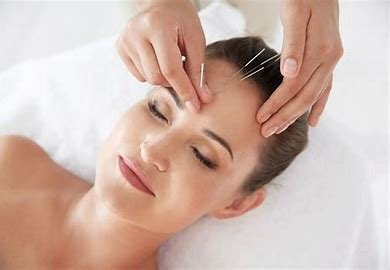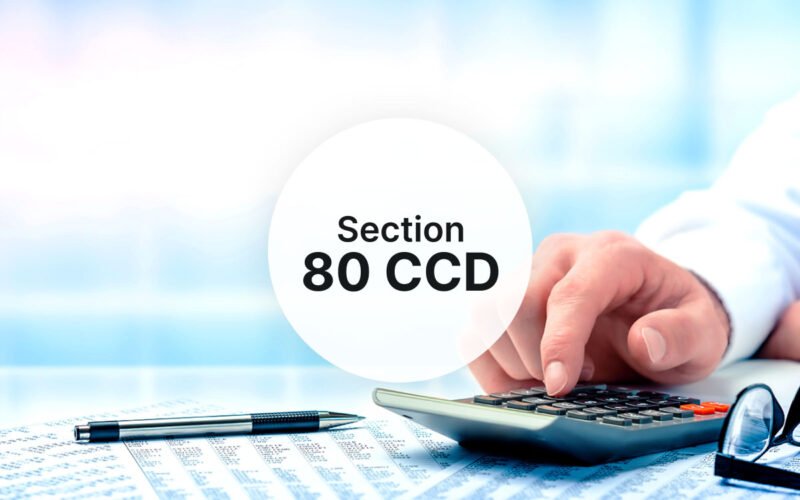Stress and anxiety have become pervasive issues in modern society, affecting millions of people worldwide. While conventional treatments such as therapy and medication can be effective, many individuals seek alternative and holistic approaches like acupuncture to manage their symptoms naturally. Acupuncture, a traditional Chinese medicine practice, has been widely recognized for its effectiveness in reducing stress and anxiety by stimulating specific points on the body.
In this article, we will explore the most effective acupuncture points for stress and anxiety relief, explain how acupuncture works, and provide evidence-based insights into its benefits.
How Does Acupuncture Help with Stress and Anxiety?
Acupuncture works by inserting fine needles into specific points on the body, known as acupoints. These points correspond to meridians, which are believed to be channels that carry the body’s life force energy, or Qi. When Qi becomes imbalanced due to stress, negative emotions, or physical tension, acupuncture helps restore harmony, promoting relaxation and emotional well-being.
Research suggests that acupuncture influences the autonomic nervous system, stimulating the release of neurotransmitters like serotonin and endorphins. These chemicals play a crucial role in regulating mood, reducing cortisol levels, and alleviating symptoms of anxiety and stress.
Most Effective Acupuncture Points for Stress and Anxiety Relief
1. Yintang (GV29) – The Third Eye Point
Located between the eyebrows, Yintang is a powerful acupuncture point for calming the mind and alleviating stress. This point is frequently used by acupuncture specialists to treat insomnia, anxiety, and emotional distress. Gentle stimulation of Yintang can promote deep relaxation and clarity.
2. Shenmen (HT7) – Spirit Gate
Found on the wrist near the base of the palm, Shenmen is a key point for treating anxiety and emotional instability. It is associated with the Heart meridian and is often used to regulate the nervous system, reduce palpitations, and improve sleep quality.
3. Pericardium 6 (PC6) – Inner Gate
PC6 is located on the inner forearm, about three finger-widths from the wrist crease. This point is highly effective for relieving stress, anxiety, and nausea. Studies show that PC6 stimulation can help regulate heart rate and induce a sense of calm.
4. Sanyinjiao (SP6) – Three Yin Intersection
Situated on the inner leg above the ankle, SP6 is commonly used for balancing emotions and reducing stress-related tension. It is connected to the Spleen, Liver, and Kidney meridians, which are all linked to emotional health.
5. Baihui (GV20) – Hundred Meetings
GV20 is located at the top of the head and is a major point for calming the mind. Stimulation of this point can help alleviate headaches, mental fatigue, and anxiety by enhancing blood circulation and regulating Qi flow.
6. Anmian – Peaceful Sleep
Anmian is an extra acupuncture point behind the ear, known for its ability to treat insomnia, restlessness, and nervous tension. It is frequently used in combination with other acupoints to enhance relaxation and improve sleep patterns.
7. Zusanli (ST36) – Leg Three Miles
Located below the knee on the shin, ST36 is a versatile acupuncture point that strengthens overall vitality and relieves stress-induced fatigue. It is known to enhance digestion, boost immunity, and support emotional well-being.
Scientific Evidence Supporting Acupuncture for Anxiety and Stress
Numerous studies have highlighted the effectiveness of acupuncture in treating anxiety and stress:
- A meta-analysis published in the Journal of Acupuncture and Meridian Studies (2018) found that acupuncture significantly reduced anxiety symptoms in various clinical trials.
- Research from Harvard Medical School (2020) revealed that acupuncture promotes the production of gamma-aminobutyric acid (GABA), a neurotransmitter that calms the nervous system.
- A 2019 study in the Journal of Psychiatric Research demonstrated that acupuncture sessions helped reduce cortisol levels, the hormone responsible for stress.
How Many Sessions Are Needed for Effective Results?
The number of acupuncture sessions required depends on the severity of stress and anxiety symptoms. Most acupuncture specialists recommend an initial course of 6-10 sessions, with ongoing maintenance treatments for long-term relief. Many patients report noticeable improvements after just a few treatments.
Additional Tips to Enhance the Benefits of Acupuncture
While acupuncture is highly effective, combining it with lifestyle changes can further improve stress management:
- Practice deep breathing techniques such as diaphragmatic breathing.
- Incorporate mindfulness and meditation into your daily routine.
- Maintain a balanced diet rich in whole foods and nutrients that support mental health.
- Engage in regular physical activity like yoga, tai chi, or brisk walking.
- Seek guidance from a certified acupuncture specialist to tailor treatments to your specific needs.
Conclusion
Acupuncture is a proven and natural method for managing stress and anxiety by targeting specific pressure points that promote relaxation and emotional stability. By working with a qualified acupuncture specialist, individuals can experience significant relief from anxiety-related symptoms while improving overall well-being.
Have you ever tried acupuncture for stress relief? Share your experience in the comments below!











Leave a Reply